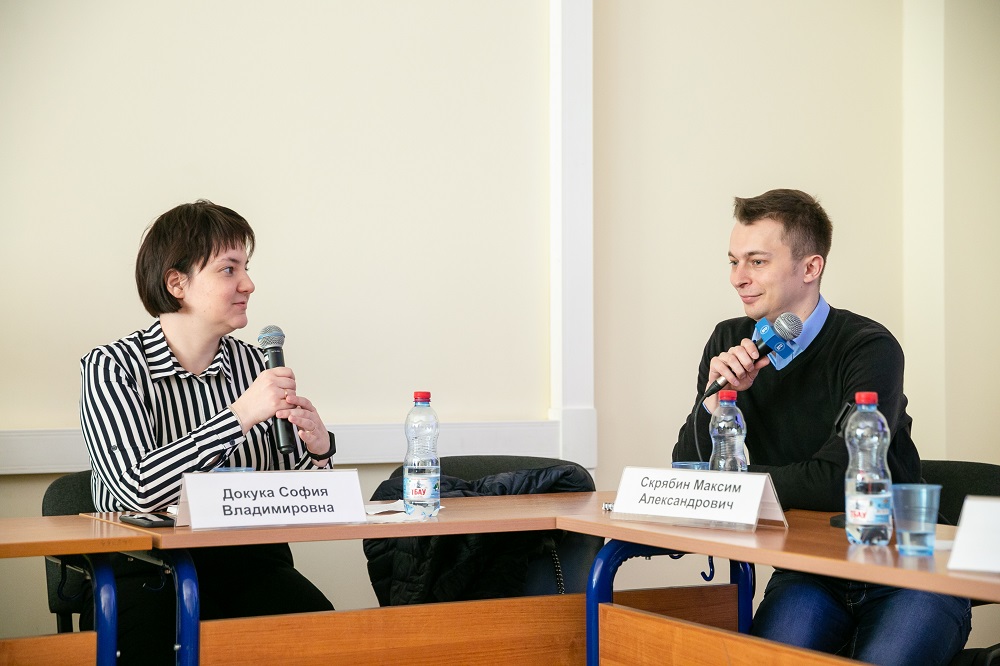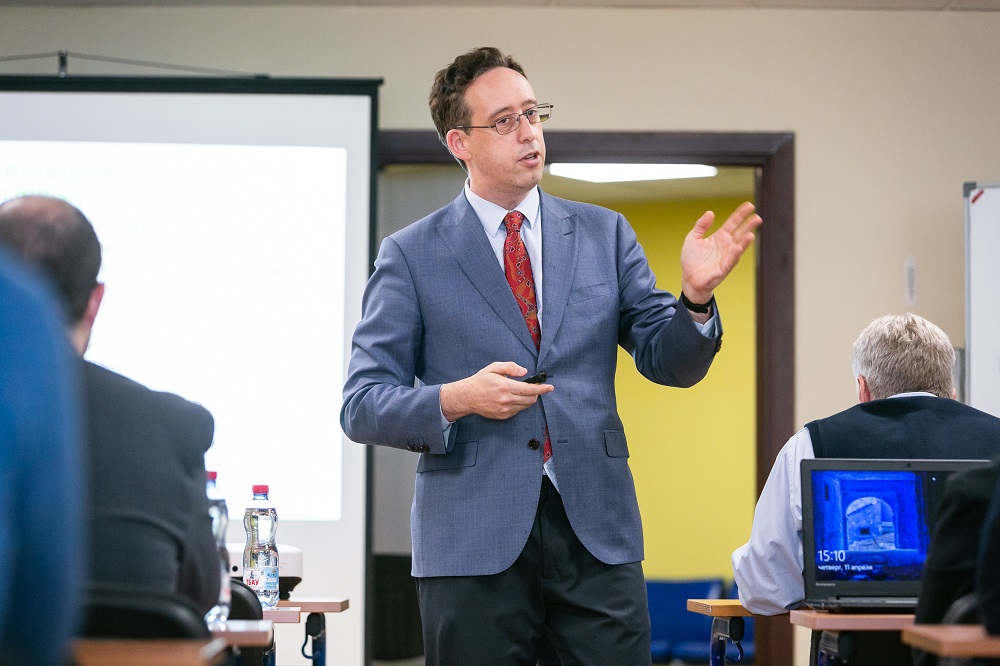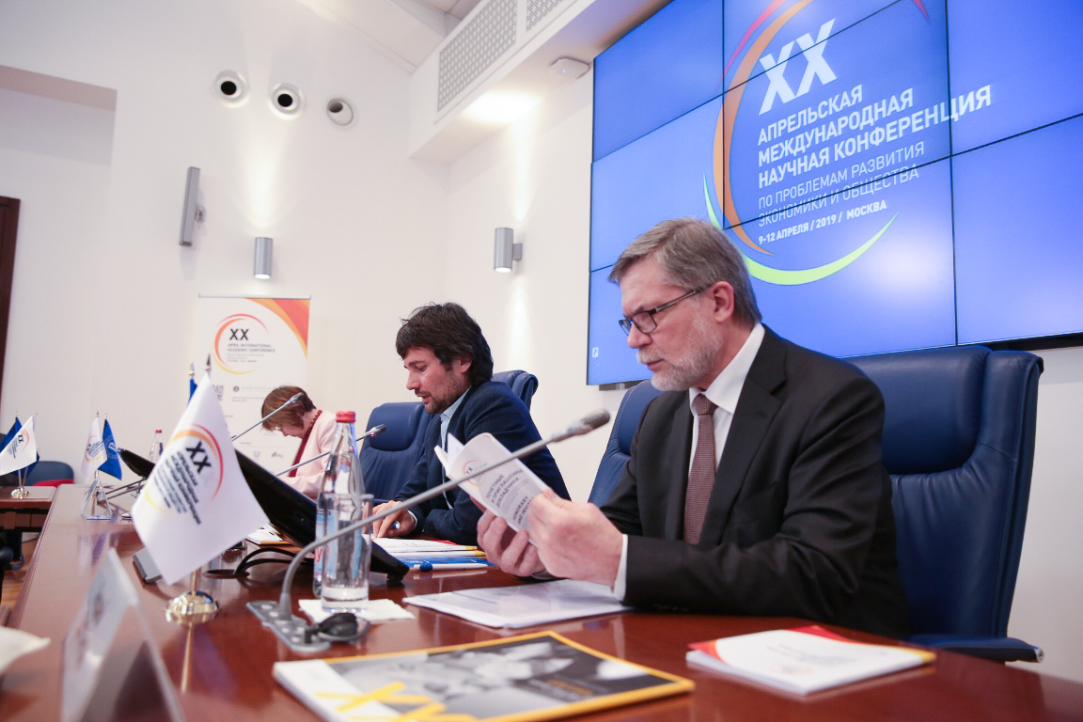Can Peripheral Regions Become Popular Tourist Destinations?
What constitutes a country’s geographic core and periphery? Can a periphery turn into a core? What is the role of tourism in regional development? These questions were addressed in the presentation made by David Weaver (Dongbei University of Finance & Economics, China) at the Tourism and Hospitality session of the XX April International Conference held in Moscow last week.
Authoritarianism as the Opposite Pole of Postmaterialism
On April 10, Ronald Inglehart, founder of the World Values Survey and the Laboratory for Comparative Social Research, delivered an honorary lecture at the LCSR’s 9th international seminar held as part of HSE’s XX April Academic Conference. The lecture addressed the roots of authoritarianism, its relationship to other widely investigated phenomena and its empirical linkage with contemporary politics.

What Do Digital Traces Have to Offer for the Study of Psychological Wellbeing?
The round table on ‘Psychological Wellbeing in the Digital Age’ brought together a range of scholars and one industry professional to talk about how a user’s digital footprint—or ‘digital traces’—can be used to discern a person’s psychological state, predict their behavior, and, potentially, even improve their psychological wellbeing.

What Drives Innovation in Russian Companies
As part of the Management session of the XX April International Conference, Carl F. Fey from Aalto University School of Business, Finland, presented his paper on Facilitating Innovation in Companies in Russia: The Role of Organizational Culture. In his talk, Professor Fey spoke about the results of three studies he has been conducting with his team.
‘In a Digital Environment, the Role of Human Teachers Only Becomes More Important’
How does digital technology affect the behavior and health of schoolchildren? What opportunities does it proved teachers and school administrators? These and other issues were discussed by participants in the plenary session ‘Children’s Wellbeing in the Digital Age’ at the XX April International Scientific Conference of HSE.
‘Statistics Should Be Available and Comprehensible to Everyone’
Implementing a digital analytical platform, opportunities for Big Data, and other prospects for the development of Russian statistics were discussed by participants at a plenary session of the XX April International Academic Conference.
Can Youth Bullying Ever Be Eradicated?
Dr. Dorothy Espelage (University of Florida) presented a comprehensive account of her research into youth bullying spanning more than two decades in an invited paper ‘Prevention & Intervention of Youth Bullying and other Forms of Youth Aggression: Research Informed Strategies’ at the XX April International Academic Conference.
‘To Achieve Our Goals, We Need to Involve a Wide Range of Universities in National Projects’
The role of regional and industrial institutions of higher education in achieving national development goals must increase, and leading universities will help them. This was the conclusion reached by participants of the plenary session on Russian higher education that took place as part of the XX April International Academic Conference.

How to Boost Russian Food Exports
The plenary session ‘Strategy of Russian Presence at Global Food Markets’ took place as part of HSE University’s XX April International Academic Conference, where participants discussed the prospects for Russian agricultural exports to Asia, as well as the use of nonconventional investment models, such as Islamic financial tools.
‘The President is Focused on Increasing the Birth Rate and Reducing Poverty by Half’
National objectives for social development, as well as existing risks and opportunities in implementing these objectives were discussed by participants of HSE International April Conference.
